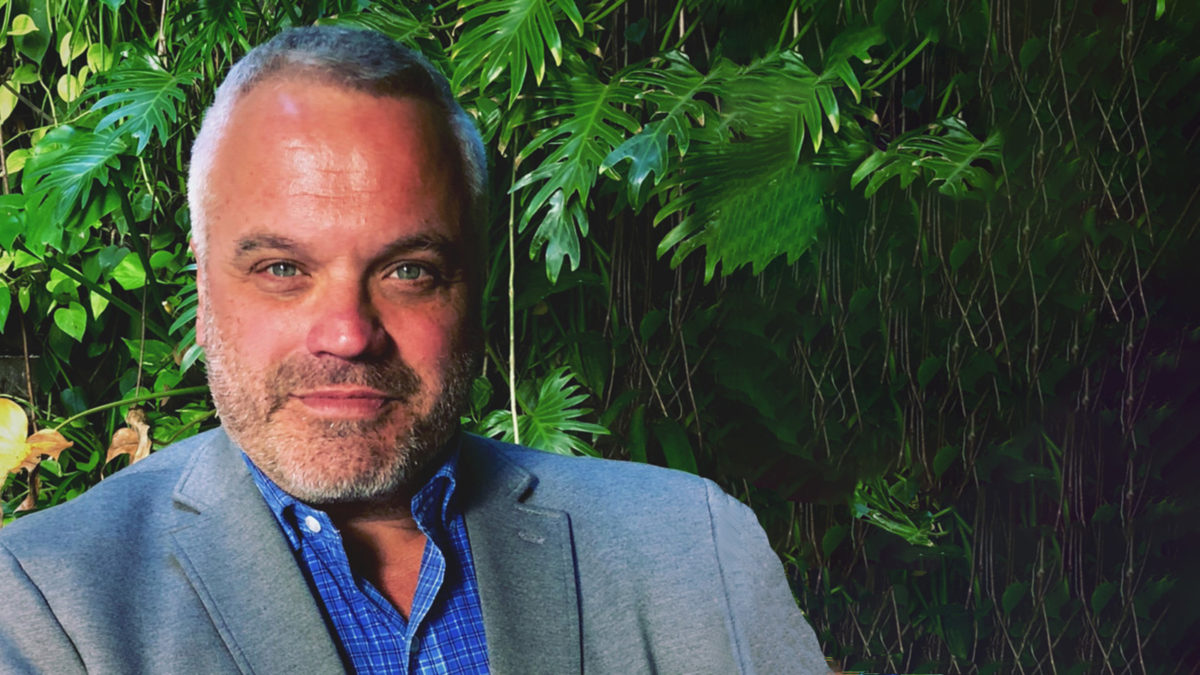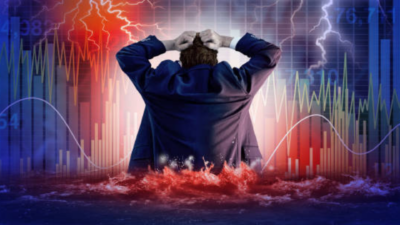My father’s table: Challenging the status quo
Growing up in 1970s Washington DC as the seventh son of a diplomat and development banker exposed me to things that, at the time, I didn’t fully appreciate. The historical significance of events like the end of the Vietnam war, Watergate, the Arab oil embargo and the inflation blow out were lost on my youth. But that doesn’t mean I don’t remember them, and the robust discussions that went on around them.
My father had an intellectual mind and approached all things with intellectual rigour, be it global politics, economics, or learning Russian so that one day he could play with a Soviet chess master. He was always willing to open himself to thoughts and views that were different to his own.
The best example of this was the “Prugue Sunday Lunch”, which was an open invitation for newly arrived diplomats and foreign civil servants. If you were new to a DC posting and didn’t know, they were all invited to a leisurely Sunday lunch at Casa de Armando. My poor mother had no idea who and how many would ultimately turn up, so she’d hedge by making two lasagne trays. My father made sure that there was plenty of wine, as aside from introducing new arrivals to each other, often of different nationalities, he wanted to open the discussions around the dining table on the pressing issues of the day.
As long as the discussions were founded on mutual respect, and could be backed up with facts, nothing was off the table – politics, economics, even religion. The only rule was that, regardless of the subject, any debate or discussion would be grounded in the desire to learn, and to challenge our own beliefs.
Our contemporary economic and political environment appears to have reverted back to the uncertain and volatile 1970s. While the circumstances are obviously different, what’s similar is a deep uncertainty about what lies ahead. As any mathematician will tell you, uncertainty makes previously predictable algorithms unstable and misguided. Economic bubbles and corrections all have one common link: the inability to price and model uncertainty.
I am amazed at what little challenge there has been to the conventional wisdom on Covid, Ukraine, or QE#487 (kidding, not kidding) pushing nominal interest rates to zero per cent (and even nominally negative in some countries. While we all accept that these shifts and shocks are profound and historically unprecedented, we appear content to accept econometric modelling using time periods where such shocks would have been unfathomable.
And when government and regulatory pension policy moves towards peer analysis as a measure of success – never mind that at no point is the member notified that this is how their super savings are managed – it’s clear there’s a need for a forum to challenge accepted beliefs.
In the vein of my father’s dining table discussions, perhaps we can meet this need for a friendly antagonist to challenge previously accepted beliefs and perceptions. The goal isn’t to prove someone right or wrong, but to open discussions about views which may be contrary to one’s own. And in doing so, perhaps we’ll adapt our beliefs to something we hadn’t previously considered. There is an abundance of topical and current economic issues, from “where is inflation headed?”, to “heat maps, management expense ratios and the threat of government induced super consolidation”, to “private vs public pension savings”.
Like Newtonian physics, every action has a reaction. As such, challenging our beliefs is just common sense. We work in an industry where one is considered a guru if they only get it wrong 45 per cent of the time, a statistic which would send any doctor, engineer, lawyer to bankruptcy. Our challenge is not to come up with an answer, but to come up with one where we’ve considered where our supposed answers are vulnerable.
In my forthcoming monthly column, “My Father’s Table”, I will hopefully rattle constructive debate on previously accepted doctrines. As a dear friend and mentor once said about me, “who better to play devil’s advocate than a little devil like Rob?”. I would clearly welcome your constructive thoughts and views. A journey of discovery is mutually invaluable.











